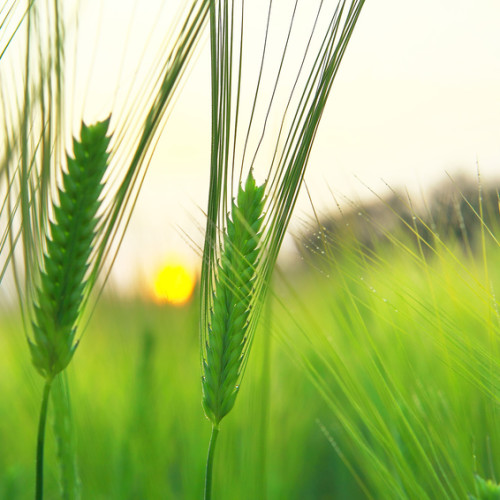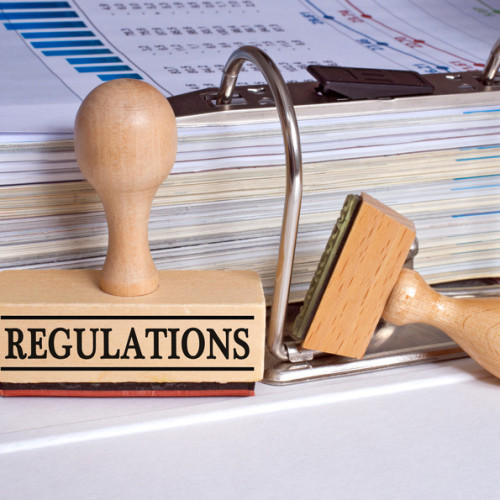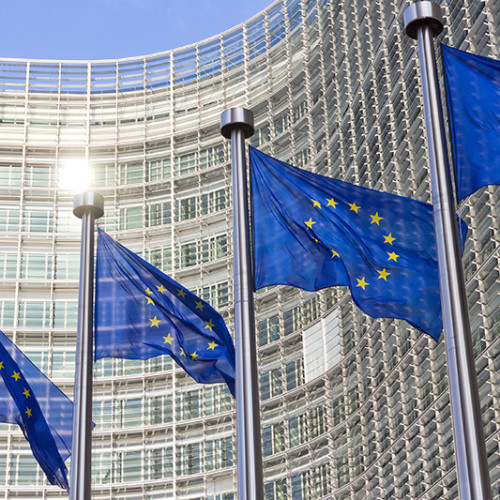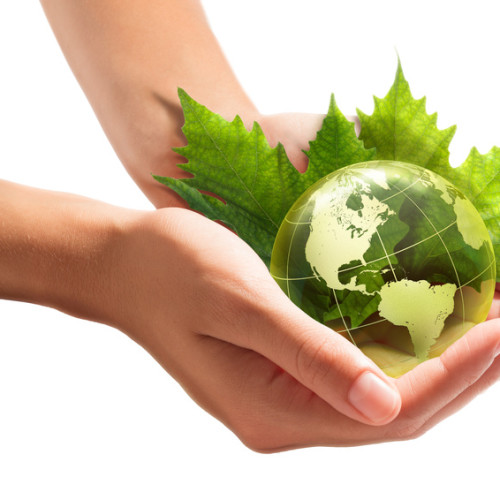
The decree of the Official Journal (OFJR) “Laws and Decrees” n° 0150 of June 30, 2022 will prohibit from October 1, 2022 “the terminology specific to the sectors traditionally associated with meat and fish to designate products not belonging to the animal Kingdom”. However, it allows the marketing of “foodstuffs manufactured or labeled” before this date (October 1) until December 31, 2023 at the latest.

The conditions of use of the ingredient are now set by Regulation (EU) 2022/860.

The EFSA published on May 2022 an article related to the project “Microbiota analysis for risk assessment: evaluation of hazardous dietary substances and its potential role on the gut microbiome variability and dysbiosis in a special issue dedicated to the European Food Risk assessment (EU-FOR A) program.

The conference was held on April 26th and 27th, and hosted a series of high caliber speakers

On January 1, 2022, the new Regulation (EU) 2018/848 of the European Parliament and of the Council of May 30, 2018 on organic production and the labeling of organic products came into force. It repeals the provisions of Regulation (EC) No 834/2007 and its implementing regulations, which remained in force until December 31, 2020.

This French opinion makes recommendations on the labeling of the origin of the primary ingredient required when the manufacturer voluntarily includes that of the food product.

The consultation has been open on December 13 and is accessible up to the beginning of March 2022. Within the framework of

The new draft, at the center of a recent technical meeting between the EFSA and stakeholders, aligns to the WHO definition of free sugars.

The European DG MARE has opened a public consultation on the algae in Europe until August 11, 2021. This initiative is designed

On March 18, the European Commission published Regulation (EU) 2021/468 amending Annex III of Regulation No 1925/2006 (of December 20, 2006) of